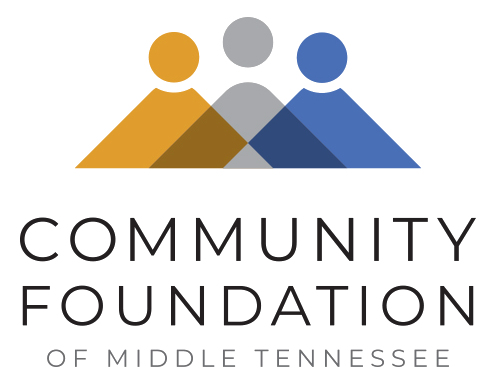Welcoming a newborn into the world is a joyous occasion for many families. However, for some new mothers, this transitional phase can be clouded by feelings of sadness, anxiety, and emotional distress. Postpartum depression (PPD) is a condition that affects numerous women worldwide, but it often goes unnoticed or misunderstood. In this blog post, we will explore postpartum depression, its signs and symptoms, its impact on maternal well-being, and resources available for support.
What is Postpartum Depression?
Postpartum depression, also known as postnatal depression, is a type of mood disorder that affects women after childbirth. It is characterized by intense feelings of sadness, anxiety, and despair that persist beyond the typical “baby blues” experienced by many new mothers. PPD can begin within a few weeks after delivery or even months later, making it crucial to understand and identify the signs.
Signs and Symptoms:
Recognizing the signs and symptoms of postpartum depression is important in providing timely support. Here are some common indicators:
a. Persistent sadness or feelings of hopelessness
b. Loss of interest or pleasure in activities once enjoyed
c. Changes in appetite or sleep patterns
d. Overwhelming fatigue or lack of energy
e. Difficulty bonding with the baby
f. Intense irritability or anger
g. Feelings of guilt or worthlessness
h. Recurring thoughts of self-harm or suicide
It’s important to note that experiencing one or more of these symptoms does not automatically mean a mother has postpartum depression. However, if these feelings persist for an extended period or significantly interfere with daily life, it’s essential to seek professional help.
The Impact on Maternal Well-being:
Postpartum depression not only affects a mother’s emotional well-being but also has a significant impact on her overall health. The condition can strain relationships with partners and family members and hinder the mother’s ability to care for her newborn. PPD may interfere with a mother’s ability to bond with her baby, leading to potential long-term effects on the child’s development.
Seeking Support and Treatment:
The journey towards recovery from postpartum depression often begins with seeking support from healthcare professionals, family, and friends. Remember, you are not alone, and there are resources available to help you through this challenging time.
a. Mental Health Professionals: Reach out to a mental health professional specializing in postpartum depression. They can provide therapy and counseling or suggest appropriate treatment options, such as medication if necessary.
b. Support Groups: Joining a support group for women with postpartum depression allows you to connect with others who have experienced similar challenges. Sharing your feelings and hearing others’ stories can provide a sense of validation and comfort.
c. Online Resources: The internet offers a wealth of information and resources for postpartum depression. Websites like Postpartum Support International (postpartum.net) and the American Psychological Association (apa.org) provide valuable insights, support hotlines, and access to local resources.
Postpartum Depression and Parental Well-being:
Postpartum depression not only affects the mother but also has an impact on the well-being of the entire family. Partners and family members play a crucial role in providing support and understanding during this time. It’s essential for loved ones to educate themselves about postpartum depression, offer empathy, and assist with practical tasks, such as baby care and household responsibilities.








